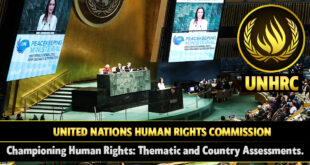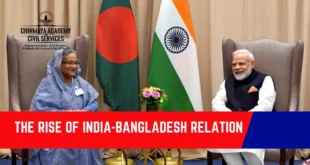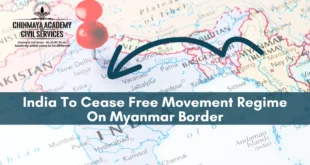The midday sun blazed down on a milling crowd. A key road was jammed with Opposition activists in front of their party headquarters in the capital Dhaka on November 14. The nomination-form sale entered a festive third day in the run-up to the election. Suddenly, the day lost its innocence. A clash started between the Opposition Bangladesh Nationalist Party (BNP) and the police. BNP activists fought a fierce street battle, resorting to vandalism and burning police cars. The police fired rubber bullets and tear-gas shells. This became the first scene of violence since Bangladesh started its countdown to the December 30 election. The face-off brought back memories of violent old days in Bangladesh’s bickering politics. The police later portrayed the episode as premeditated and said the BNP had tried to turn it to its own advantage. Top officers explained that the police had asked the Opposition activists to maintain order by keeping one lane of the busy road open to traffic. However, BNP spokesman Ruhul Kabir Rizvi denied the accusations, alleging that the police had intentionally driven a car into the crowd hurting people. “Why have you kicked over the beehive?” asked Mr. Rizvi. In the hours that followed, the government and Opposition leaders traded barbs and blamed each other for ruining the prevailing political calm. On November 15, Prime Minister Sheikh Hasina warned the BNP against taking to violence in a bid to sabotage the planned election. Hours earlier, her son Sajeeb Wazed had taken to Facebook and said: “The election process has barely started and the BNP has already resorted to violence.” Mr. Wazed went as far as to call the BNP a “terrorist organisation”. The comments brought back memories of the 2014 parliamentary election. Following a call for boycott of the poll, the BNP and its key ally Jamaat-e-Islami had begun violent protests, leading to clashes with law-enforcement agencies. About 300 people died in the months to the poll. Relative calm this year However, Bangladesh has seen relative calm in 2018, another election year. A festive mood settled on the political scene in the early days of November, a month of quickly shifting events. In a televised speech on November 8, Chief Election Commissioner K.M. Nurul Huda set the tone by announcing December 23 as voting day. He later shifted the date by a week to December 30, turning down a demand by the new Opposition alliance, Jatiya Oikya Front, to defer the poll by a month. He said he was bound by the Constitution to hold the election by January 28. Asking all political parties to compete, he urged: “Competition must not lead to animosity or violence.” Mr. Huda also unveiled a plan to introduce electronic voting machines — for the first time in a parliamentary election. As the year winds down, about 104.2 million registered voters are expected to head to the poll to elect 300 representatives to Parliament through balloting in more than 40,000 polling stations. The Election Commission has recruited about 7,00,000 officials to conduct the poll. Bangladesh will deploy the Army to aid the civil administration during the election, but the troops will be devoid of any magisterial authority. In a marked departure from its previous stance, the BNP decided to compete, capping years in the political wilderness. Its chairperson Khaleda Zia is behind bars. Party colleagues bought three nomination forms for her, but it is not clear whether she would qualify for the race as she has been convicted of corruption.
Check Also
India- Russia Relationship
India and Russia appear eager to reestablish their relations in the modern world. The significant …
 Chinmaya IAS Academy – Current Affairs Chinmaya IAS Academy – Current Affairs
Chinmaya IAS Academy – Current Affairs Chinmaya IAS Academy – Current Affairs



